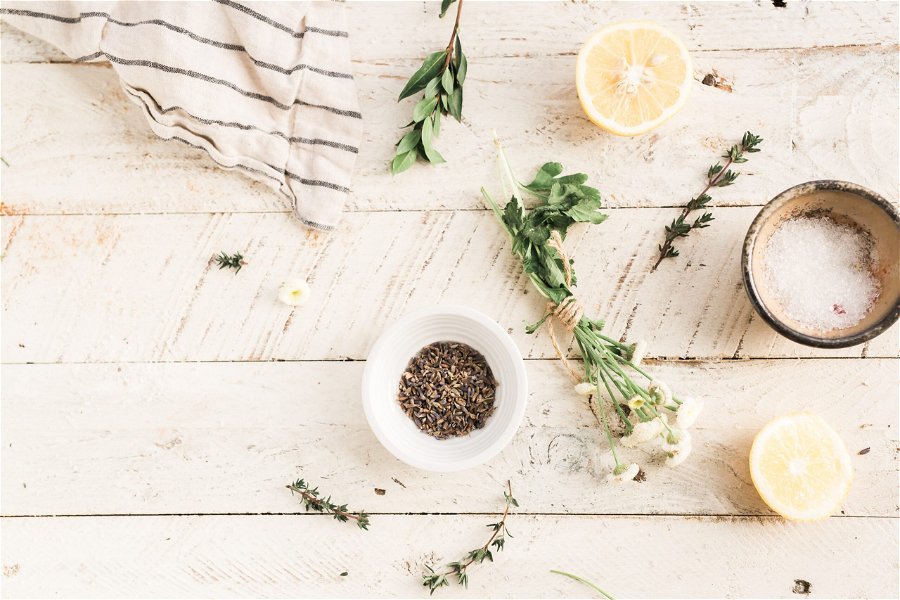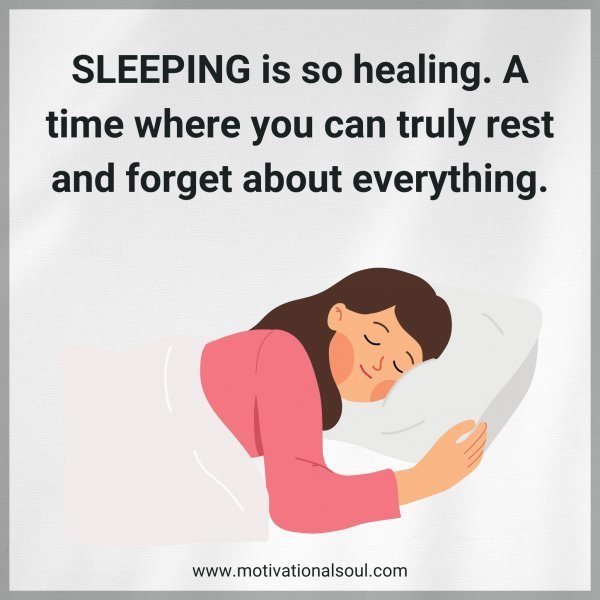Twelve Ailments You Didn’t Know you Had (And Their Surprising Natural Cures)

If you’re anything like us, you probably take care of yourself by using natural remedies and remedies that are backed by science. And while there is no one right way to address all of your health concerns, there are a few common ailments and easy ways to relieve them naturally. From colds to muscle pain, our list of 9 common ailments and their natural remedies covers everything you need to get healthy and feel better in no time. So read on and start feeling better today!
1. Headache
There are a variety of headaches that can strike anybody at any time. From mild discomfort to debilitating pain, there’s no shortage of potential causes for a headache. Here are some of the most common types and the easiest ways to remedy them:
- Migraine: A migraine is an intense headache that typically occurs on one side of the head and can last anywhere from 24 hours to 72 hours. The most common cause is an imbalance of blood flow in the brain, but other triggers include environmental factors (such as bright lights or strong odours), poor sleep habits, caffeine consumption, eating foods with tyramine (like cheese) and stress. The best way to prevent a migraine is by avoiding known triggers and getting enough rest.
- Tension headaches: Tension headaches are characterized by pain around the temples, behind the eyes or on one side of the head. They’re usually caused by tension in the neck, jaw or shoulders and can be prevented by relieving any accumulated tension before bedtime. Treatment options include over-the-counter medications like ibuprofen or acetaminophen, lifestyle changes like reducing stress levels and exercising regularly, or surgery if other measures don’t work.
- Cluster headaches: Cluster headaches are particularly irritating due to their frequent recurrence; they occur twice per month on average and tend to get worse with age. The cause isn’t known, but cluster headaches may be related to abnormal blood flow in the brain. Treatment includes taking over-the-counter medications like ibuprofen or acetaminophen, getting enough rest and avoiding triggers such as alcohol.
2. Stomach ache
Stomachache is one of the most common ailments and can be extremely debilitating. There are several things you can do to ease your symptoms naturally. First, make sure you’re drinking plenty of fluids. Not only will this help hydrate your body, but it will also reduce the pain and inflammation that are often associated with stomachaches.
Secondly, eat a balanced diet. By filling your stomach with healthy foods, you’ll help reduce the severity of your stomachache and ensure that you’re getting the nutrients your body needs to heal quickly. Finally, try natural remedies if all else fails. Many people find relief from their stomachaches by using supplements or home remedies such as ginger tea or baking soda baths.
3. Colds and flu
If you’re feeling under the weather, there are many things you can do to improve your symptoms and feel better faster. Here are some of the most common cold and flu symptoms, as well as natural remedies for each:
Colds and flu symptoms: Colds and flu symptoms can vary from person to person, but typically include a fever, headache, tiredness, sore throat, dry cough, runny nose and sneezing. Some people also experience body aches and sore tongues.
To reduce your chances of getting sick in the first place, follow these tips:
- Stay warm! keep your body temperature up by wearing layers of clothing and using a heating pad or stovetop heat pack when you’re feeling chilly.
- Drink plenty of fluids.
- Eat light snacks that won’t contain lots of sugar or saturated fat. These foods will help to restore energy levels rather than contributing to infection.
- Avoid touching your eyes. Don’t go around touching everybody else all the time either – germs can spread this way!
- Get plenty of rest. When you’re not feeling well, it’s easy to feel like you have to keep busy. However, rest is important for your physical and mental well-being. If you start feeling bad with a cold or flu, see a doctor! There may be something more serious going on that needs treatment.
While there is no cure for the common cold, the best way to prevent colds and flu is by practising good hygiene, getting regular exercise, eating healthy foods and drinking plenty of fluids. Taking extra precautions like washing your hands frequently and avoiding close contact with sick people can also help reduce your chances of getting sick.
4. Stress
Stress is a normal part of life, but it can be particularly difficult to manage when it becomes chronic. It’s important to recognize the signs and symptoms of stress to take action and prevent further damage. Common signs and symptoms include irritability, fatigue, headaches, insomnia, difficulty concentrating and muscle tension. To manage these symptoms, it’s essential to make lifestyle changes such as exercising regularly, meditating, and engaging in activities that bring joy. It’s also important to practice good sleep hygiene by avoiding screens and caffeine before bedtime, developing a consistent sleep schedule, and getting enough rest each night.

5. Insomnia
Common symptoms of insomnia include difficulty falling asleep, waking up frequently throughout the night, and waking up too early in the morning. To help manage insomnia, try to maintain a regular bedtime and wake time every day; avoid caffeine, nicotine, and alcohol several hours before bedtime; limit your exposure to bright screens before bed, and avoid large meals before bedtime. If your symptoms persist, speak to your doctor about possible treatments such as cognitive behavioural therapy or medications.
Here are some natural ways to relieve insomnia:
• Exercise: Exercise can help to improve your circulation and help you relax.
• Get a good night’s sleep: A good night’s sleep is essential for relieving stress and improving moods.
• Avoid caffeine: Caffeine can keep you awake during the night. Limit your intake of coffee, tea, and soda before bedtime.

6. Acne
Acne is a common skin condition that can make people feel self-conscious. Acne can happen on any part of the body, but it is most common on the face and neck. Acne is caused by sebum, which is a mixture of oil and sweat secreted by the skin. The bacteria that cause acne-like to live in warm, humid environments. Acne can be treated with over-the-counter products or by seeing a doctor.
There are several easy ways to relieve acne naturally:
- Use comedogenic (pore-clogging) products sparingly. These include lotions, creams, and powders that contain ingredients like coal tar, benzoyl peroxide, sulfates, or resins. Avoid using these products if you have sensitive skin or if you are pregnant or breastfeeding because they can lead to skin irritation or blemishes.
- Try not to touch your face too much. Touching your face causes oils and sweat to become trapped in the pores, leading to acne.
- Avoid wearing tight clothes that will trap sweat and oils. Wearing loose-fitting clothes will help keep your skin moisturized and free from the build-up of sebum and bacteria.
- Cleanse your skin regularly using an acne-fighting cleanser such as antibacterial soap or a cream cleanser with salicylic acid (a beta hydroxy acid). Apply the cleanser to a cloth and work it into your skin in a circular motion. Rinse with lukewarm water and pat dry.

7. Bronchitis
bronchitis is an inflamed air sac in the lungs. The air sacs are narrow tubes that carry air from the lungs to the rest of the body. Bronchitis is caused by infection, smoking, or allergies. It can make you short of breath and cause coughing. Bronchitis is treated with antibiotics if it is caused by a bacterial infection, painkillers if it is caused by a viral infection, and breathing exercises if it is due to asthma. If bronchitis is severe, your doctor may give you a corticosteroid injection to help reduce inflammation.
8. Rheumatoid arthritis
The most common symptom of rheumatoid arthritis is pain and stiffness in the joints, although other symptoms can vary from person to person. There is no known cure for rheumatoid arthritis, but there are treatments that can help relieve symptoms. Some natural remedies for rheumatoid arthritis include rest, exercise, heat therapy, and dietary modifications.
9. Depression
Common symptoms of depression include feelings of hopelessness, sadness, and irritability. It can also cause physical symptoms such as fatigue, changes in appetite or sleep patterns, and difficulty concentrating. Depression is usually treated with medications such as antidepressants and psychotherapy or counselling. Some natural remedies may help such as exercise, relaxation techniques, and dietary changes. If you think you may be suffering from depression, it is important to speak to your doctor or mental health professional.

10. Asthma
Asthma is a chronic lung condition that causes difficulty in breathing due to inflammation of the airways. Symptoms of asthma can range from mild wheezing to severe shortness of breath. Asthma is commonly treated with inhalers that open the airways and allow air to flow more freely. Other treatments include avoiding triggers, such as cigarette smoke or certain allergens, using a peak flow meter to measure lung function, and taking medications such as corticosteroids or bronchodilators. Natural remedies for asthma include exercise, relaxation techniques, and dietary modifications like cutting back on sugar and processed foods.
11. Diabetes
Diabetes is a serious medical condition in which the body does not produce enough insulin, or the insulin produced does not work properly. Symptoms of diabetes include increased thirst and urination, fatigue, weight loss, slow-healing sores, and blurred vision. Diabetes is treated with medications such as insulin injections or oral medications to control blood sugar levels. Healthy lifestyle modifications such as eating a balanced diet, exercising regularly, and maintaining a healthy weight can also help manage the condition. Natural remedies such as herbs, vitamins, and supplements may also be beneficial in controlling blood sugar levels.
12. High blood pressure
High blood pressure (HBP) is a medical condition that occurs when the force of the blood against your artery walls is too high. It can cause serious health problems such as heart attack, stroke, and kidney failure. Common symptoms of high blood pressure include dizziness, headaches, and shortness of breath. HBP is usually treated with medications such as ACE inhibitors or diuretics. Healthy lifestyle modifications like eating a healthy diet, exercising regularly, and reducing stress can also help to lower your blood pressure. Natural remedies such as herbs, vitamins, and supplements may also be beneficial in controlling blood pressure.
Conclusion
After reading this article on 12 common ailments and how to relieve them naturally, I’m convinced that the easiest way to stay healthy is by keeping track of what’s going on with your body. Not only will this help you identify potential problems early on, but it will also teach you natural methods for treating each ailment. From boosting your immune system to improving digestion, these solutions are easy and affordable to implement. So take advantage of them today. Thanks for reading!
You Might Also Like
- 20 Healthier Substitutes You Can Make With Tea Tree Oil
- How Clutter Negatively Impacts Your Mental Health



Recent Comments